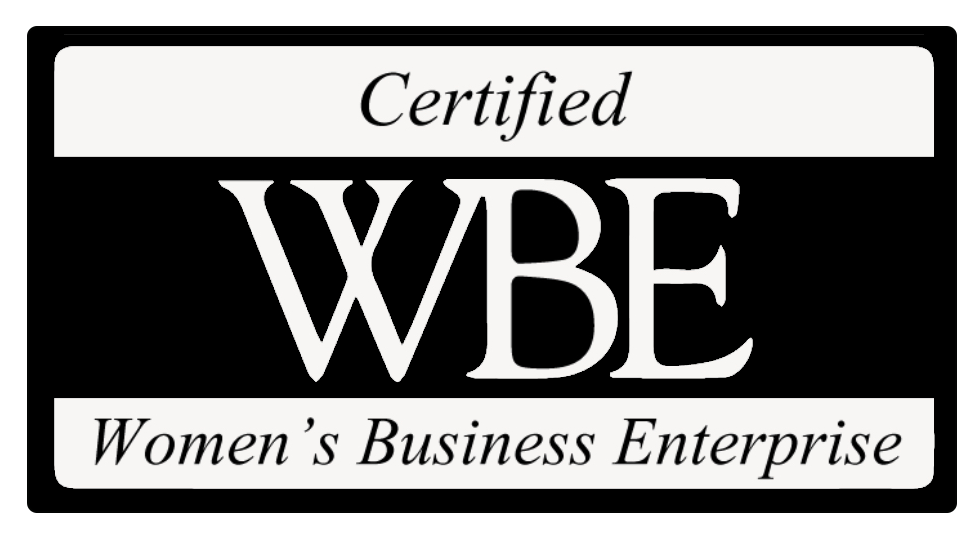At the recent 2019 Kansas City Builders’ Association Annual Dinner, Cornell’s President, Mary McNamara, continued Cornell’s tradition of community and construction  industry support. “I am proud Cornell is able to give back by contributing our first ever $25,000 donation to The Builders’ Association Scholarship Foundation,”
industry support. “I am proud Cornell is able to give back by contributing our first ever $25,000 donation to The Builders’ Association Scholarship Foundation,”
Mary added, “Our recipient is a very deserving young man, Ethan Wegner.” Missouri Governor Mike Parson was on hand to meet and congratulate the recipients, including Ethan.
A Gold Sponsor, Cornell supports The Builders’ Association as well as many other trade and civic causes. The Builders’ Association Scholarship Foundation, established in 1994, was first discussed in 1990. The Foundation is designated by the IRS as a 501 (c)(3).

This year, there were many deserving recipients who, with their sponsors, were recognized at a special pre-dinner photo shoot.
The fund now exceeds $1,000.000 through the member’s generous donations. Mary added, “This is one of many very important construction trade efforts to introduce, inform and engage the future leaders of our industry.”
One of the biggest challenges facing many industries but especially the Construction Trades, is the lack of an available work force. The nationwide network of trade groups and organizations is doing more than ever to address this pressing issue. Many young people just don’t realize the many benefits available by joining a trade. From a good starting wage to healthcare and insurance support, today the trades look little like the days of old. OSHA, the Occupational Safety and Health Act was only signed into law in 1970. Since then, the impact on the safety, training and certification of workers has been critical in changing the whole complexion of the trades. For more on OSHA, go to: https://www.osha.gov/
If you would like to contribute to The Builders’ Association Scholarship Foundation, please contact Tony Drees for more information.




